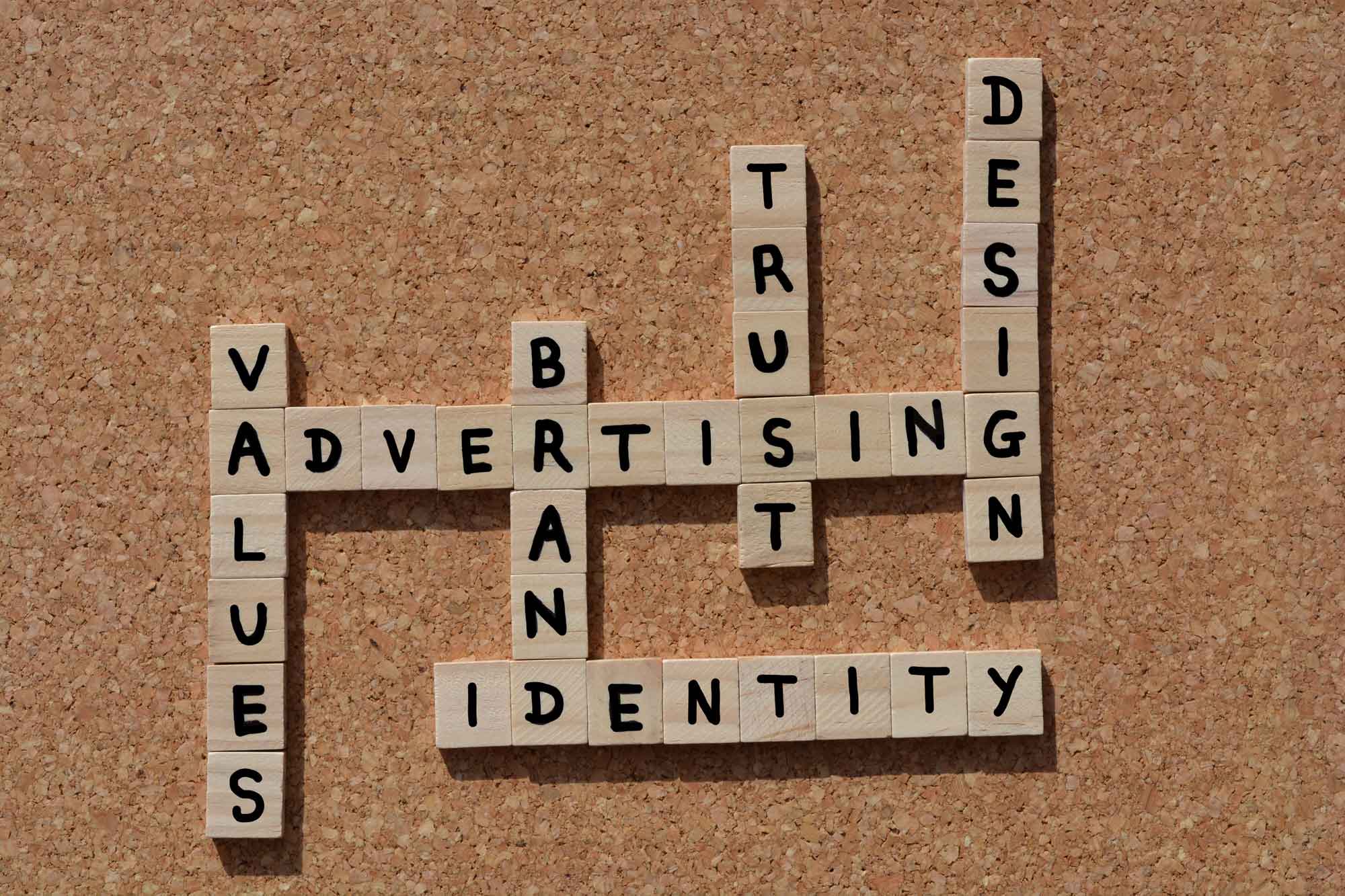Are you a newbie to this increasingly crowded marketplace?
You might say “yes!”, or you might have a company with secure business connections and dozens of local and international clients, and everything seems to be working fine.
However, one of the critical questions of any business, one starting up or established is, do we need to spend a huge amount of money and time on developing our brand?
It is upon this question that we have assembled an article comprising of different aspects of branding your business, its importance, and how it affects the popularity of your company or product.
Now, let’s dive deep to grasp the true meanings of branding.
“Your brand is what other people say about you when you’re not in the room,”
-Jeff Bezos

What is branding?
No one can deny the fact that our marketing industry is in the midst of an extraordinary period of change, and competition in the industry is at an all-time high, thanks to the latest developments in the informational superhighway called the internet. Branding is a marketing strategy that helps a company by giving it a specific name, design, and logo to distinguish it from its competitors. Branding your business empowers you to have the edge over your competitors by quickly identifying and distinguishing your company. It allows you to leave a memorable impression on your clients and help them remember what to expect from your company.

Why is it essential for a successful start-up?
Do you think that a small store or a shop, providing quality products, and a stack of cash for your honest services is enough to grow up your business?
You may make sales yield a handsome amount of revenue by catering to those customers who already know and trust you, but the most challenging question is how can will reach out to the new clients and sell your products globally?
By the end of this article, you’ll truly understand how important branding is.
- Recognition of your company
Have you ever wondered about making your target audiences know your company in a better way? Your investment in branding your start-up is the most convenient and practical approach to enhance your recognition amongst plenty of your competitors. You can manufacture an excellent and ideal product to fulfill your customers’ needs, but without making a brand around it, it’s merely a product. However, with the brand, there will be no need for you to rush into the markets and convince buyers to purchase your products, the market will seek out your excellent services, your brand will bring customers to your doorstep and help you generate a handsome amount of money.
It is a brand that tells your customers to know which are your values, what your promises are, what you are offering, your Unique Selling Proposition (USP), and everything they need to inquire about you.
- Raises your business’s value
What pop-up on your mind when you hear the word “Cold Drink”?
Coca-Cola, right?
Ever thought of how much weight the Coca-Cola brand carries?
It’s turned products into a brand, and consequently, the brand raised their product’s value. All the best and top leading companies in the world are reputed due to their branding campaigns. Another appealing aspect of having a brand is you can comfortably raise the prices of your products if you have developed deep roots in a specific domain, and you will notice your buyer less reluctant to accept the raises in the prices. Apple is a wonderful example of this. Their phone prices rise every year without any objection.
A solidly established brand will give the company more leverages, thereby offering you more appealing investment opportunities. The marketing industry is getting cramped, and making a brand is the only way to get an edge over your smart competitors.
However, understand that a brand can not be established overnight, it takes time and effort, but in the end, efforts pay off.
- Generates referrals—customers’ chain
A well-established brand produces new customers from the recommendations by your trusted clients. If someone has used your services and got an outstanding experience, he or she will recommend you around his friends, etc. If he trusts in you and believes that you are the best than others and your services are outclass, he will recommend you to others. Those trusted clients actively contribute to your company’s prosperity and act as an informal brand ambassador to bring new potential clients. A customer’s referral system is the most effective way to globalize your business and make a never-dying chain of your clients.
Before you move on to develop a brand around the business or a start-up,
Below are the 3 main tips to building a successful brand.
Rule #1:
Consistency is the key to success in any field of life, and the same goes for your brand. You must be consistent in representing your brand to your consumers so that an appropriate perception of your brand will be developed in their minds.
Rule #2:
Persistence is a key trait while working on a brand. Brands take a lot of effort; thereby, you must be determined to build brand awareness, sales, and loyalty, etc.
Rule #3:
Restraint is mandatory to keep your brand focused in a specific field as focused brands are always strong and produce amazing results.
Why rebrand?
You might be aiming at rebranding your business due to a couple of reasons such as, you are no longer inspired by the logo or your company has evolved beyond its previous identity and you want to expand it. How can you anticipate that your business needs rebranding?
We have prepared a list of critical yet strategic and tactical questions you must ask yourself before you go ahead to make a rebranding decision. If your answer to all the questions is a yes, you are good to follow in the footsteps of the most successful companies whose rebranding has been fruitful.
- Has your business evolved and changed in a significant way?
- The target audiences have changed?
- New competition and innovative technological shifts have emerged?
- No cohesive branding efforts yet?